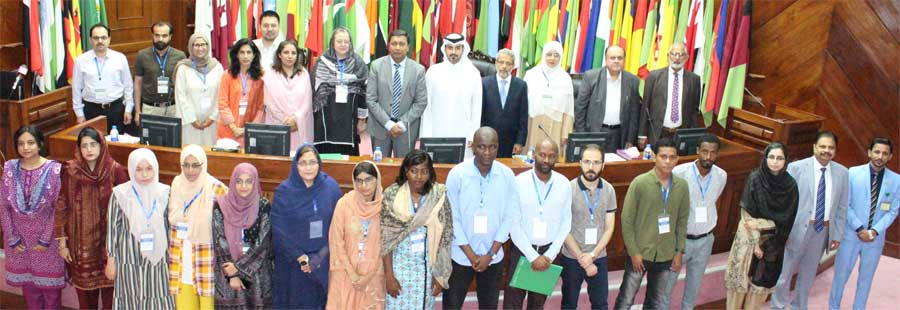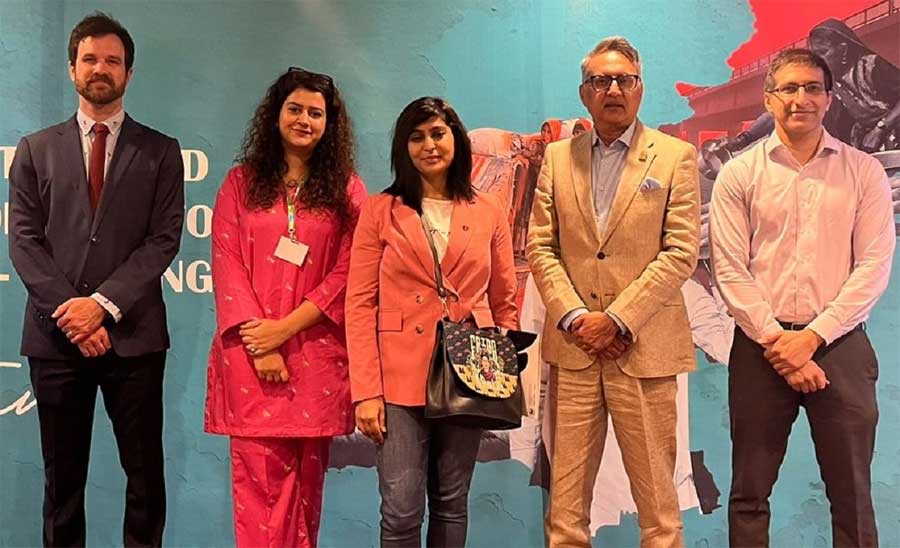ISLAMABAD: COMSTECH in collaboration with Karolinska Institutet, Sweden, organized one-day international seminar on infection related features of microorganisms on June 5, at COMSTECH, says a Press release.
Prof. Dr. Ute Rumling, department of microbiology, tumor and cell biology, Karolinska Institutet, said that infectious diseases are a major cause of morbidity and/or mortality in developing as well as industrialized countries. She said that sub-clinical infections lead to gradual impairment of functionality.
She mentioned that susceptibility for infectious diseases is increasing. She informed that up to 80% of the human microbial infections are caused by biofilm-forming bacteria and microbes in biofilms are tolerant against antibiotics and immune response. New pathogens are emerging due to change in life style, industrial processes, altered microbiome, and immune status.
Prof. Dr. Shazia Anjum, Dean, Faculty of Chemical and Biological Sciences, Islamia University Bahawalpur? said that this field of study is very important, as microbes are the enemies of the human being. She emphasized that we all need to collaborate and work together to fight infectious diseases. She appreciated the health capacity building initiatives of COMSTECH and the seminar where people from the field will be able to learn and network to collaborate to combat diseases.
The Coordinator General COMSTECH, Prof. Dr. M. Iqbal Choudhary welcomed and thanked the participants of the seminar. He said the infectious diseases are the major threat to the human well-being.
He lamented that we spend a lot on other areas of research like technology but we are unconscious of the major killer of human being since its inception. He said that pharmaceutical industry is not interested in investing into the development of antibiotics, academics must focus on infectious diseases research to solve this problem.
Prof. Choudhary stressed the need of collaborative work in the area of infectious disease research. He said this seminar is organized with the objective to understand the infections at molecular level, and let the researchers to network and collaborate.
The seminar was attended by the Ambassador of Yemen and the diplomats from Qatar and Uzbekistan.
A large number of national and international researchers participating in the seminar in-person and online. International and national speakers delivered ten lectures on different aspects of infectious diseases. Each lecture was followed by question and answer session.
Int’l Seminar on Infection Related Features of Microorganisms




